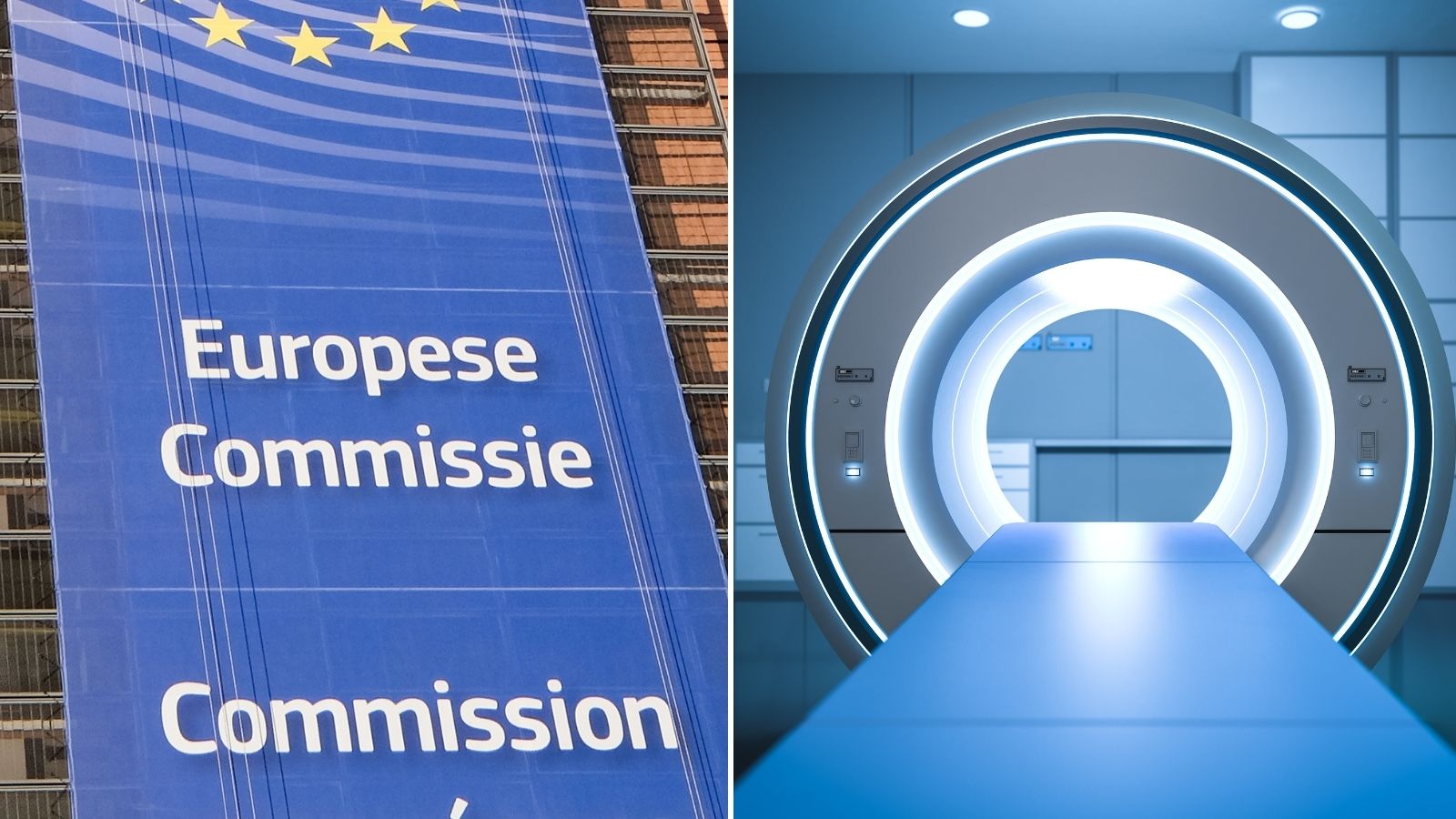23 October, 2025
The European Respiratory Society (ERS) welcomes the inclusion of lung cancer as an officially recommended screening programme in the fifth European Code Against Cancer (ECAC), which was published earlier this week.
The Code – published by the International Agency for Research on Cancer, the specialised cancer agency of the World Health Organization (WHO) – is an important reference tool for governments and policymakers. It acts as a guide on modifiable risk factors and proposes a series of actions and interventions anyone can take to help prevent cancer.
The Code now recommends that governments implement “sustainable, organised screening programmes for lung cancer” alongside programmes for cervical, colorectal and breast cancers – a “long overdue” addition according to ERS President, Prof. Joanna Chorostowska-Wynimko.
Prof. Chorostowska-Wynimko said: “The European Code Against Cancer is an important reference tool for governments and individuals – looking at modifiable risk factors and focusing on prevention.
“It’s excellent news that lung cancer screening is now recommended as part of this Code, and in my view is a long overdue addition. Lung cancer remains to be Europe’s biggest cancer killer, and screening will save lives and cut costs to governments.”
The latest edition of the ECAC (ECAC5) features 14 recommendations based on current scientific evidence on personal behavioural factors, environmental factors, and medical interventions, specific to the general population in the European Union (EU).
ECAC5 is aimed at both individuals and policymakers, and includes 14 further recommendations on population-level measures – such as implementing screening programmes for certain cancer types – that can help to reinforce the recommendations for individuals.
The recommendation comes as ERS continues to play a leading role in the SOLACE consortium under the umbrella of Lungs Europe – a partnership between the Society and the European Lung Foundation. SOLACE (Strengthening the screening of Lung Cancer in Europe) is an EU-funded lung cancer project that is active in 15 EU countries, across 37 sites – with 13 active pilot projects ongoing.





